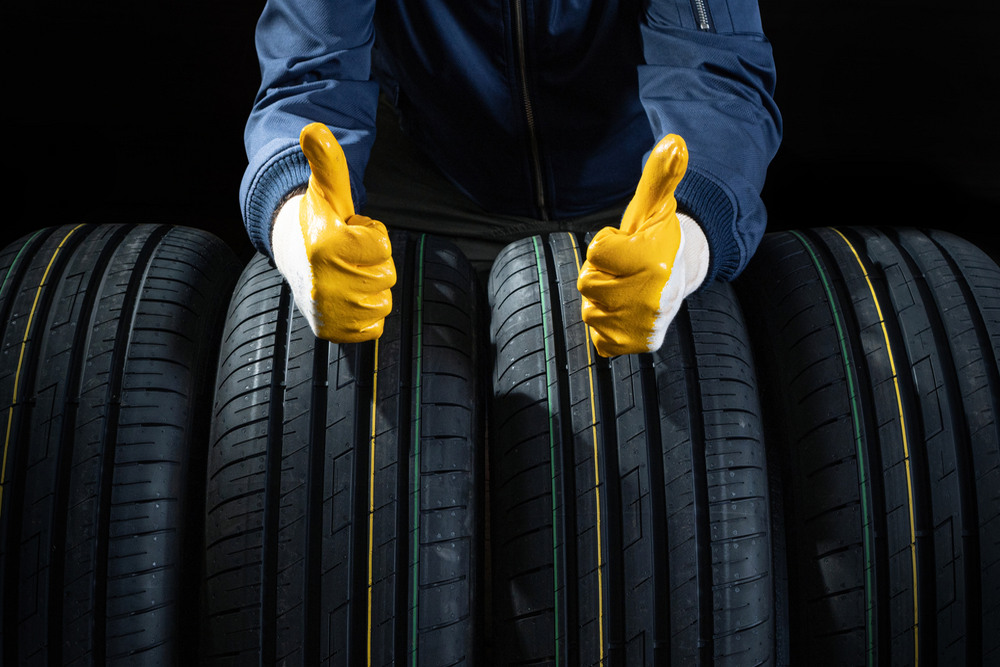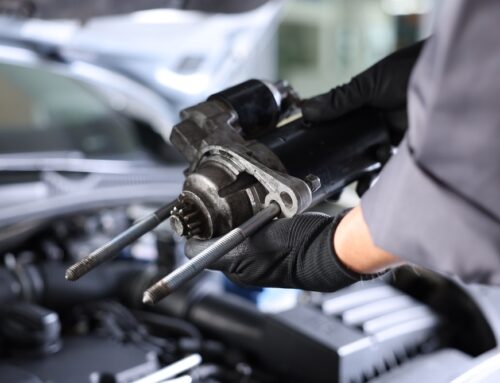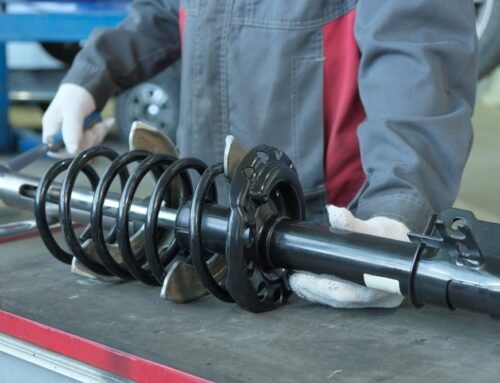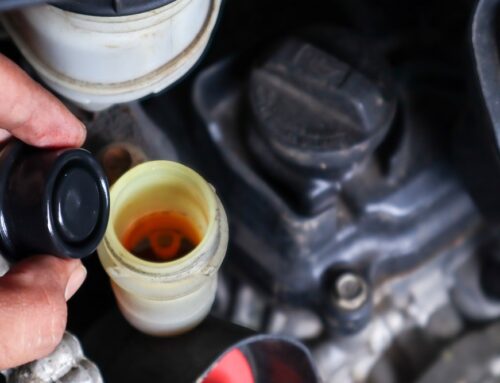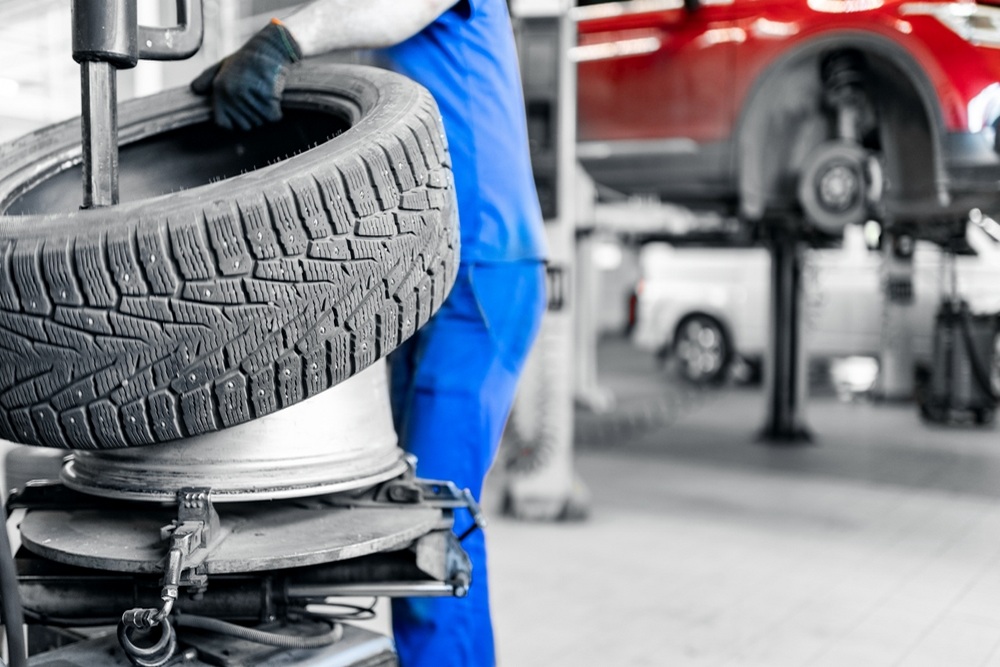
Related Posts
Do You Really Need a Tire Rotation If You Drive Mostly in the City?
Why Tire Rotation Still Matters in City Driving
If you spend most of your time behind the wheel on city streets, it may be unnecessary to think much about tire rotation. After all, the stop-and-go pace, slower speed limits, and shorter trips may make you believe that your tires wear down evenly. The truth is, city driving puts a unique kind of strain on your tires. Frequent braking, quick turns at intersections, and constant acceleration all create uneven wear patterns. Front tires often carry more weight and handle more steering stress, meaning they wear faster than rear tires. Without rotation, this imbalance grows worse over time, cutting down the life of your tires and even affecting how smoothly your car handles.
Extending Tire Life Through Proper Rotation
When you rotate your tires regularly, you give them the chance to wear more evenly. By switching the positions of the tires—front to back or side to side—you spread out the strain that naturally comes from city driving. This simple service can add thousands of extra miles to your tires’ lifespan. Think of it as giving each tire a fair share of the workload. Ignoring rotation leads to certain tires wearing out too soon, forcing you to replace them earlier than expected. That can be frustrating and costly. By keeping up with tire rotation, you not only extend tire life but also maximize the money you invested in them in the first place.
How Tire Rotation Helps with Safety and Performance
Uneven tire wear doesn’t just affect longevity; it also impacts your safety on the road. Tires with different tread depths can cause your vehicle to handle unpredictably, especially during sudden stops or on wet pavement. In a city setting with constant braking and quick maneuvers, that’s not something you can afford to risk. Rotating your tires helps maintain balanced traction and steadier handling. That means smoother turns, shorter stopping distances, and fewer surprises when you need your car to respond quickly. Consistent rotation also reduces strain on your suspension system, helping your vehicle perform better and ride more comfortably.
Signs It’s Time to Rotate Your Tires
You don’t have to wait for your tires to look bald before getting them rotated. A good rule of thumb is to schedule a rotation every 5,000 to 7,500 miles, but city driving might demand more frequent checks. If you notice uneven tread patterns, vibrations while driving, or your steering feels a little off, those can be signs your tires are overdue for rotation. Paying attention to these early warnings helps prevent bigger issues later on. Regular inspections allow you to catch minor problems before they grow into safety hazards or expensive repairs. Think of it as taking small, proactive steps that keep your car running at its best.
Keep Your Vehicle Road-Ready with Expert Care
Your tires work hard for you every day, even when most of your miles come from short city trips. Staying consistent with tire rotation ensures they last longer, keep you safer, and help your car drive the way it should. Ignoring this simple maintenance task can cost you more money in the long run and compromise your peace of mind behind the wheel. Don’t push it off—getting your tires rotated on time keeps you safer and helps prevent major repairs. Call us today at Rancho Bernardo Auto Care at (858) 524-6236 to schedule your tire rotation and make sure your vehicle stays reliable on the roads.
